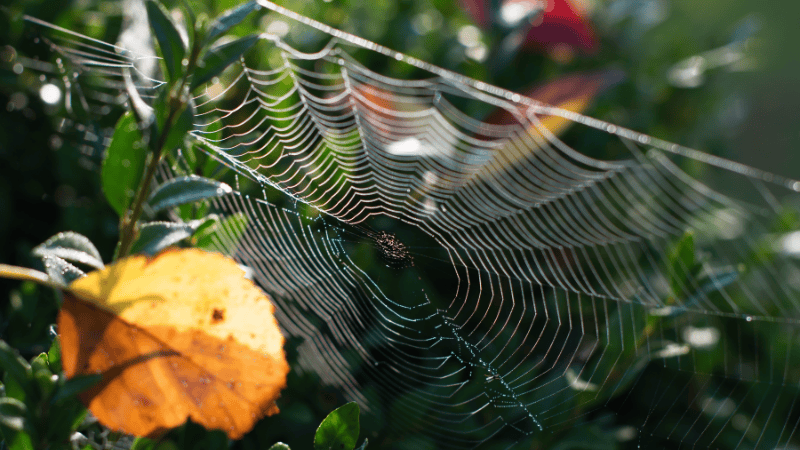What We Know About Brood X Cicadas

It's about to get really loud in about 15 Southeastern and Mid Atlantic states. We mean really loud! Like the sounds of billions (yes billions) of Brood X Cicadas buzzing. After years underground, this brood of cicadas are ready to emerge and begin a mating season the likes we have not seen in 17 long years.This natural phenomenon may sound pretty creepy like a made for t.v. horror movie, but it's actually just one of the cycles of life these creatures go through. Sometimes it's the things that we don't understand that seem to scare us the most.

10 Facts About Cicadas You Probably Didn't Know
In that spirit, here are ten things you may want to know about this year's brood of cicadas.
- Brood X is expected to emerge from the ground sometime in April/May 2021. The last time they emerged was 2004.
- The 15 states that will be impacted will be mostly in the Southeast and Mid Atlantic region including: Delaware, Georgia, Illinois, Indiana, Kentucky, Maryland, Michigan, New Jersey, New York, North Carolina, Ohio, Pennsylvania, Tennessee, Virginia and West Virginia. (Source: EarthSky)
- The density of the brood could be as many as 1.5 million cicadas per acre! (Source: Forbes) That means that cicadas will be on trees, bushes, grass, crops, and every square inch of space available.
- After almost two decades underground the cicadas are genetically programmed to emerge when the temperatures hit just about 64 degrees fahrenheit. This means that the earliest of the group may appear in Georgia first and continue to emerge up the seaboard as the spring temperatures continue to climb.
- Brood X is one of the largest broods and it is known as the Great Eastern Brood.
- There are six species of periodical cicadas that emerge in different years. Some stragglers from other cyclical broods may emerge with this year if they never made it out of their subterranean hiding spots during their cyclical year.
- The noise these cicadas make sound like a miraca being shaken and then fade off to a buzz. The noise is actually a mating call by the males for the females.
- During the four to six weeks the cicadas are Earth-side they will mate and lay billions of eggs in the crevices of trees. The adult cicadas will then die and their nymph eggs will burrow into the Earth to start the cycle once again. (Source: EarthSky)
- Cicadas will not hurt you, nor will they sting you. They are not venomous. They are merely scary due to movies and stories about the Biblical invasion of the locust.
- The main damage that cicadas inflict are the small holes they dig into trees to lay their eggs.
Want to know more about this awesome phenomenon? Check out some excellent resources below.EarthSky - Billions of Brood XForbes Cicada-Palooza



